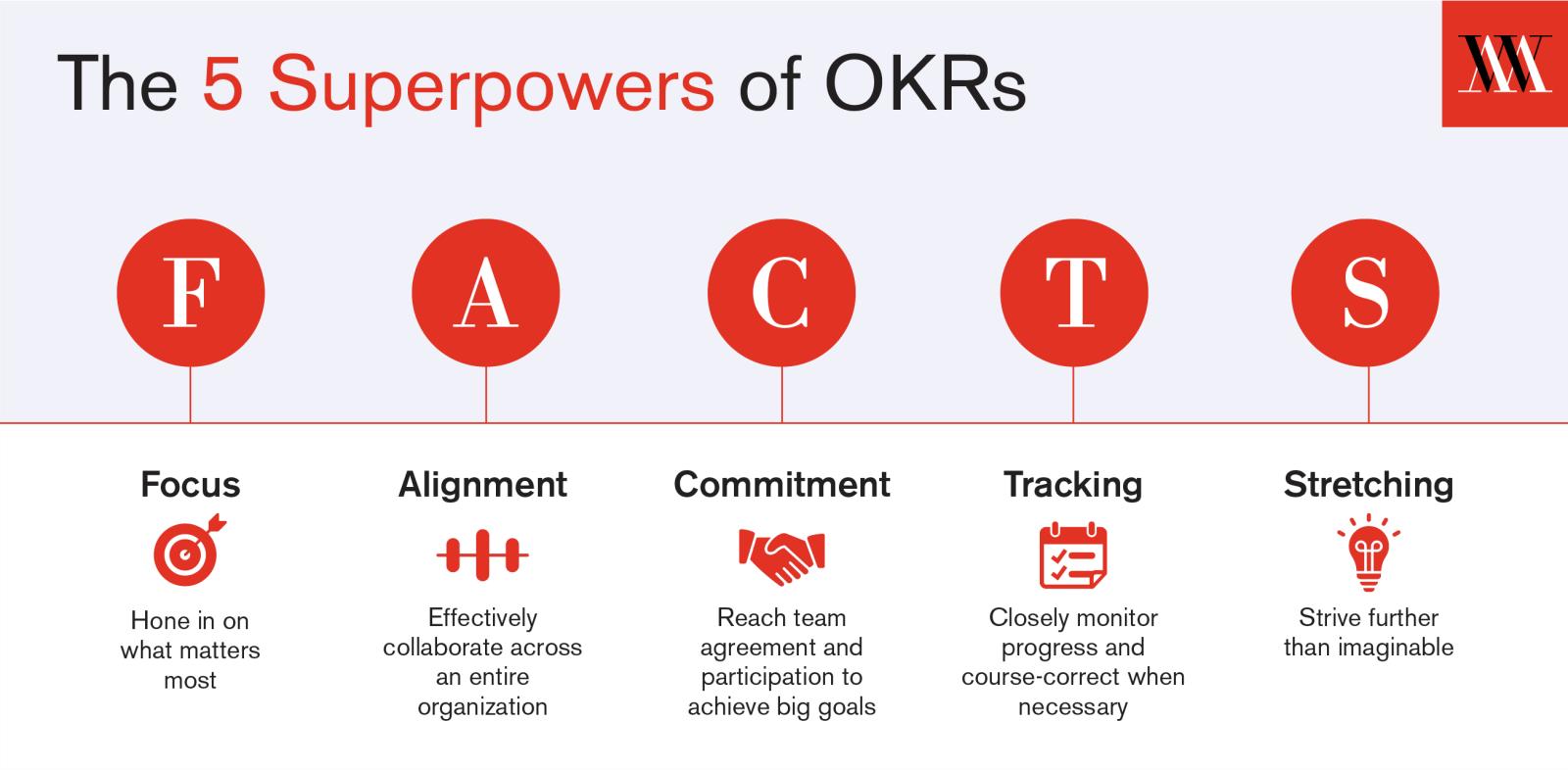Dear Andy,
I have a question for you about leadership and OKRs. If leaders refuse to commit to OKRs, how is a team going to know how to optimally focus their own? Do leaders ever resist teams developing their own OKRs? If so, what’s the best way to address this?
Sincerely,
Karen

Hi Karen!
Thanks for writing in and for your great question.
Your concerns are absolutely valid. We firmly believe that OKRs can only be used to their highest potential when leadership is 100% on board. Change comes from the top, and enthusiasm is infectious. Leadership has the reach and authority to implement changes, so their support will give the process both necessary legitimacy and momentum. It is the responsibility of leadership to specify strategic priorities that will set the course for the upcoming quarter, year, etc. These will be the building blocks for the entire company’s OKRs — pretty important stuff.
Executive buy-in is so crucial, in fact, that John Doerr says the program has little chance to succeed without it.
So how do you get leadership on board? There are a few ways.
Highlight the benefits. OKRs give organizations many advantages that drive success.
1) Focus
2) Alignment
3) Commitment
4) Tracking
5) Stretch

Together, John Doerr refers to these OKR “superpowers” as F.A.C.T.S. Engage leadership in a conversation about how they’d like the company to improve in one or many of those areas, and consider providing examples of how OKRs have benefited other companies. These stories about 23andMe, the City of Syracuse, Maven Healthcare, and Allbirds should do the trick.
Conduct a pilot
Let leadership know that OKRs don’t need to be rolled out to the entire company at once. Perhaps you could volunteer your team to try them out as something of a trial run. Just make sure the pilot team’s OKRs are clearly tied to leadership’s top strategic priorities for the year. As leadership sees the benefits of OKRs in one department, they may be more willing to spread the good word to others.
Has leadership already set goals for the year or quarter? Are those goals visible to the rest of the company? If so, maybe you could take it upon yourself to reframe those goals, however they’re written, as OKRs. This will help management see that, as they’ve already set goals, OKRs won’t be more work — they’re smarter work.
Well Karen, I hope this has been helpful for you! Thanks for writing in, and best of luck to you and your team on your OKR journey.
Sincerely,
Billy from the What Matters Team
